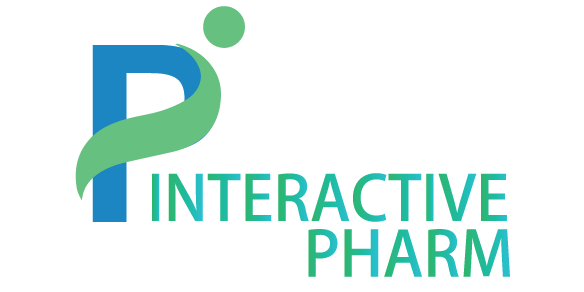Wyeth, which was acquired by US- based pharma major Pfizer Inc, has suffered a major setback in India with the country’s patent office rejecting the company’s application for an injectable form of its renal cell cancer drug, Temsirolimus, marketed under trade name Torisel.
The patent office order came in response to a pre-grant opposition filed by Fresenius Kabi Oncology, which alleged that the ‘invention’ was publicly known in India before the priority date of Wyeth’s claim.
Fresenius also submitted that the invention was obvious and clearly did not involve any inventive step, and the applicant had failed to disclose to the controller the information required under Section 8 — relating to the status of the patent in other countries.
Dismissing the application, S Chattopadhyay, assistant controller of patents and designs, Kolkata, said; “I hereby accept the representation filed by opponent under section 25(1) to read with rule 55(1) and refuse the patent application. I am further of the opinion that efficacy is related to therapeutic efficacy and is not related to stability of the compound. I am unable to find out any effort in the specification to prove the same as the applicant of the instant patent application has not shown any efficacy by way of experimentation and therefore held that the composition of instant invention is not patentable under section 3 (d) of the Patents Act.”
The assistant controller further said that in the instant application, the company furnishes two mixtures which only separately exist. Moreover, there was no data in the specification to show that the two mixtures exhibit any synergy resulting an unexpected enhancement of therapeutic efficacy.
“Due to lack of supportive data, comparison table the composition as claimed in the subject application results in a mere admixture of the known substances, ” the assistant controller said.
The Fresenius Kabi counsel argued that Wyeth deliberately misguided the controller by not providing the requisite details regarding the prosecution of the corresponding patents in other jurisdictions, especially with respect to the revocation of the corresponding patent in Europe.
As regards inventive step, she argued that the applicant has mentioned that chemical instability and poor aqueous solubility are the main problems for formulating a parenteral dosage form of CCI-779 — another name for the chemotherapy drug Torisel.
She submitted that while, according to the applicant these problems were allegedly solved by solubilising CCI-779 with a parentally acceptable co-solvent accompanied by the presence of an antioxidant or chelating agent in the solution, both the problem and solution are known in the public domain.
“The problem as well as the solution disclosed in the impugned application were well known from a number of prior arts,” she argued.
Fresenius Kabi submitted that there was neither any technical advancement nor economic significance in the impugned invention. According to them, there was no data in the impugned application that establishes the advantageous effects of the claimed matter over the prior art. It submitted that the applicant failed to provide any comparative data with a recent previous prior art compound.



